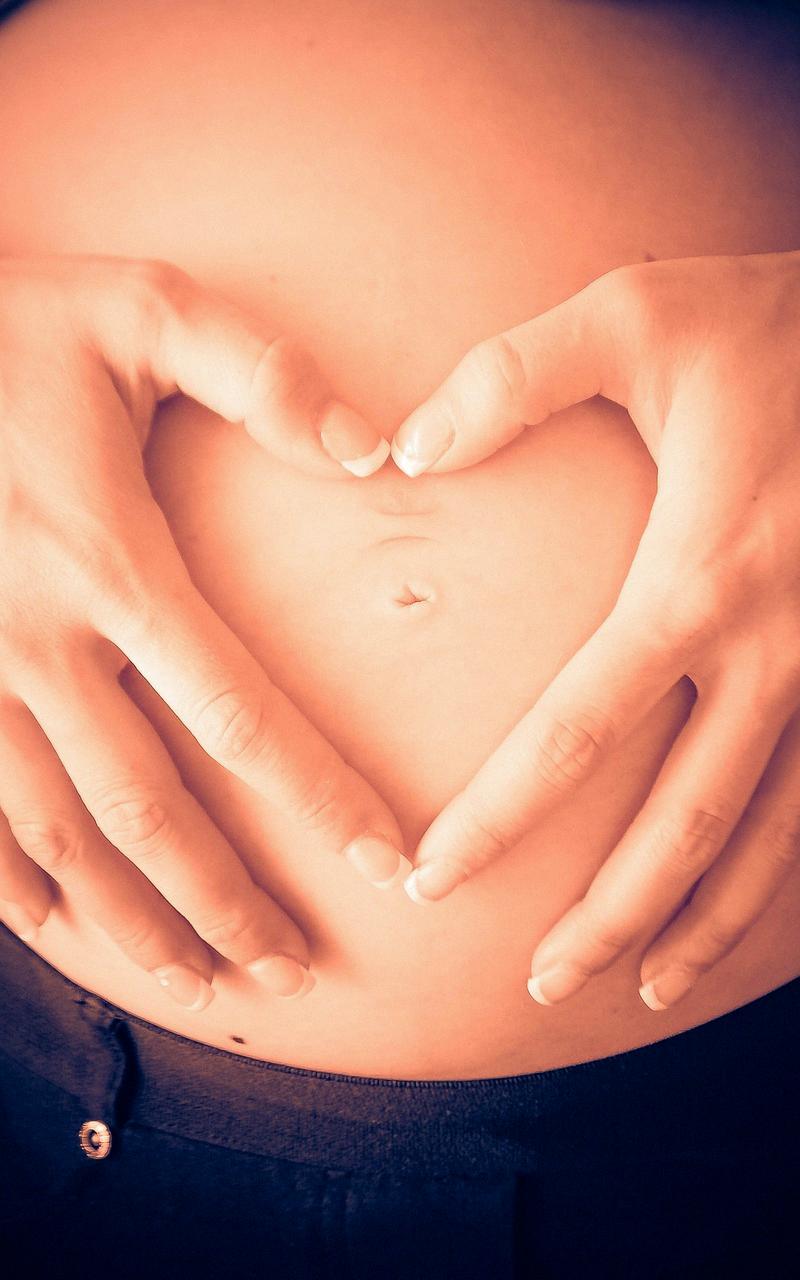When it comes to taking a pregnancy test, timing is everything. Many women wonder if they can get a positive result at just 2 weeks after conception. While it is possible to get a positive result at this early stage, it’s important to understand the factors that can affect the accuracy of the test.
Early Detection Tests
Early detection pregnancy tests are designed to detect hCG levels in urine as early as 6-10 days after conception. However, the accuracy of these tests can vary, and getting a positive result at 2 weeks may not always be definitive. It’s recommended to wait until after you’ve missed your period for a more accurate result.
Factors Affecting Test Results
Several factors can influence the accuracy of a pregnancy test, including the sensitivity of the test, the timing of implantation, and individual hCG levels. Taking a test too early can result in a false negative, as hCG levels may not be high enough to be detected by the test.
Implantation and Hormone Levels
Implantation typically occurs around 6-12 days after conception, when the fertilized egg attaches to the uterine lining. It is at this point that hCG levels begin to rise, signaling the start of pregnancy. Waiting until after implantation can increase the chances of an accurate test result.
Missed Period vs. Early Testing
While it can be tempting to take a pregnancy test as soon as possible, waiting until after you’ve missed your period can provide a more reliable result. Testing too early may lead to unnecessary stress and confusion, as the test may not accurately reflect your pregnancy status.
Home vs. Clinic Tests
Home pregnancy tests are convenient and easy to use, but they may not always be as reliable as clinic tests. If you get a positive result at 2 weeks, it’s recommended to follow up with a healthcare provider for confirmation and further guidance.
Managing Expectations
It’s important to manage expectations when it comes to early pregnancy testing. While getting a positive result at 2 weeks is possible, it’s not always guaranteed. Remember that each woman’s body is unique, and the timing of hCG production can vary.
Seeking Medical Advice
If you’re unsure about the results of a pregnancy test or have concerns about your fertility, it’s best to seek medical advice. A healthcare provider can offer guidance on timing, accuracy, and next steps in your pregnancy journey.
Mindfulness and Patience
Practicing mindfulness and patience during the early stages of pregnancy testing can help alleviate stress and anxiety. Remember that the process of conception and implantation is a natural and gradual one, and accurate results may take time to manifest.
Emotional Preparedness
Preparing yourself emotionally for the possibility of a positive or negative result is essential. Regardless of the outcome, it’s important to approach pregnancy testing with a calm and open mindset, accepting the results as part of your unique journey.
Understanding False Results
False results, whether positive or negative, can occur due to various factors. It’s important to understand that a single test result may not always be conclusive, and follow-up testing may be necessary for a more accurate assessment of your pregnancy status.
Conclusion
In conclusion, while it is possible to get a positive pregnancy test result at 2 weeks after conception, the accuracy of the test may vary. It’s recommended to wait until after you’ve missed your period for a more reliable result. Remember to approach pregnancy testing with patience, mindfulness, and a willingness to seek medical advice if needed.

